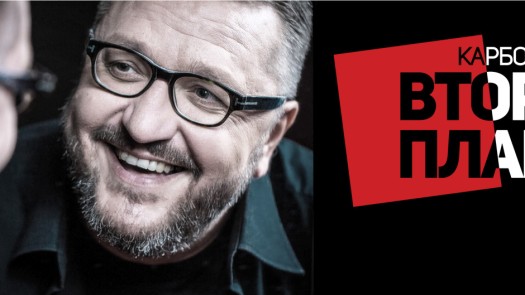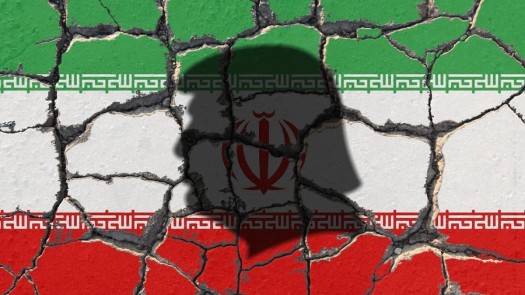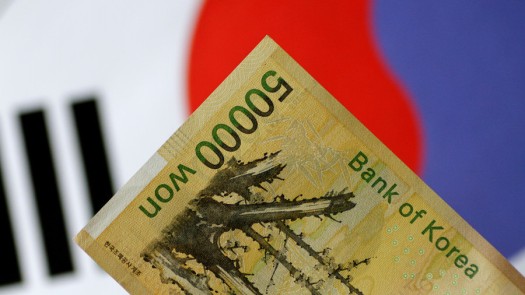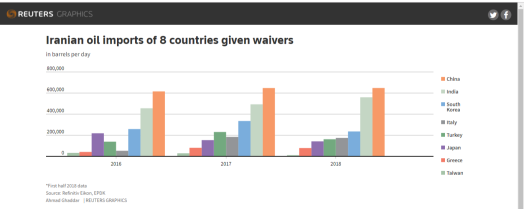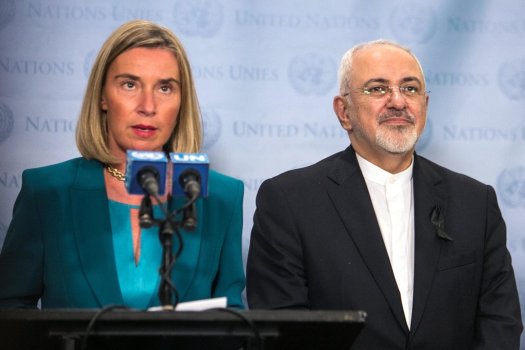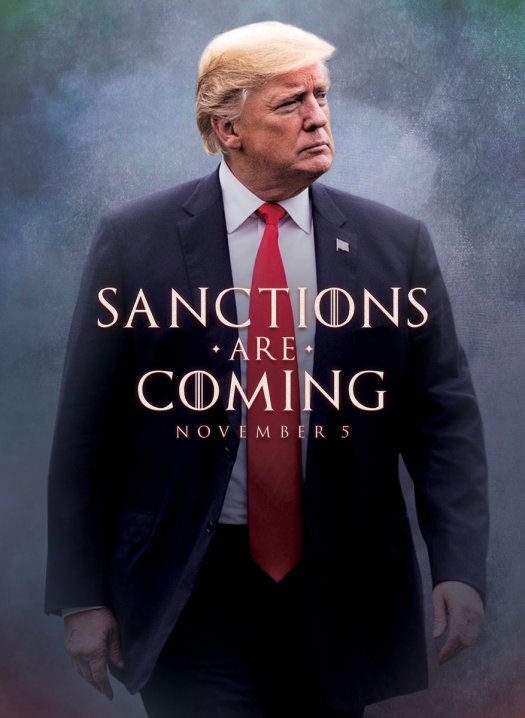4 types of journalists: How they tick and what we can learn from them
Thompson’s piece is of great value and provides some insights about the different types of journalists. When I read the article, I realised that I have never thought about the various approaches journalists take in this way. Thompson considers himself a System Analysist, but I would also put him in the category “The Provocateur” (with positive intensions only), because he unlocked a new journalistic part of my brain.
So where do I fit? I would say, considering my extraordinary approach to write, that I fit best in an intriguing mixture between a storyteller and a provocateur with a generous sprinkle of artisticism. I like to write about people and their stories, as there is always something unusual for you to learn and get inspired from. What is more, I like to question the unquestionable and sometimes I have an opinion that is off the beaten track. It is not that I want to be unique: it is just something inside me that likes to make things controversial and provocative, of course, with set boundaries and an element of creativity. Splashing colours on the blank sheet is my second addiction after writing: however, I have not worked so much on it, so this skill is complementary to my excitement towards staying up late and coming up with a story- whether it is fiction or not.
I a good example of a journalist fitting in the same categories? I would sadly declare that I am still ignorant of the diversity of journalists Britain have, although I am deeply impressed by how news is reported and delivered to us, the readers and potential workers in the journalistic sphere. So I would give an example from my home country- Bulgaria- which I left in the end of August this year.
This is a journalist Bulgaria should be (and is!) proud of. When I came in London, I could make a comparison between Bulgarian and British journalism. The former is quite partial, subjective, blurred– not much is said- a big part of international and home news remain in a shadow. Articles do not contain the structure we are learning about in lectures. Whereas in England, everything applies to the theory. When I open, for example, the i newspaper, I can conclude for myself which is the intro, the important part, the less important, etc.- the elements from the inverted pyramid are all there.
I wanted to give this information, so you can understand how important that journalist is for our little and disorientated in journalism country. His screen name is Martin Karbovski and he is most famous for his TV shows streamed during different periods: “Every Sunday” (2002, BNT), “Home front” (2006, NTV), “Karbovski in Action” (2010, NTV), “Karbovski’s Show” (2013, TV7) and “Karbovki: Plan B” (2016, BTV).
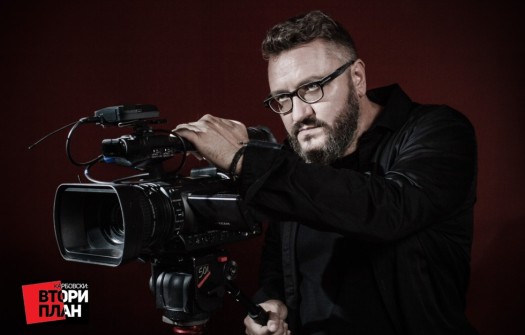
He makes opinion features and articles for “Standard” newspaper and “Egoist” magazine. What is more, he writes for an online platform, Lentata.com, where he provides some good, yet tragic insides about our country and its fate. He also has his own site.

His TV shows are about the ordinary, sometimes marginal people, with extraordinary stories to tell. He has the gift for storytelling: his voice, the emotions it gives out definitely takes your breath from the very beginning and keeps you on the edge of your seat until the end. You cannot just switch to another channel when it is time for his show: you are completely enchanted to follow the story.

He mixes in a innovative way people’s stories with personal insights and always gives the audience something to think about- the issue with freedom of speech, the poverty, the economic crisis, the homeless, the third gender, but also the love for, devotion and appreciation of what surrounds us. He does not just report the story: he makes you part of it and once you are mesmerized, there is no way back.
